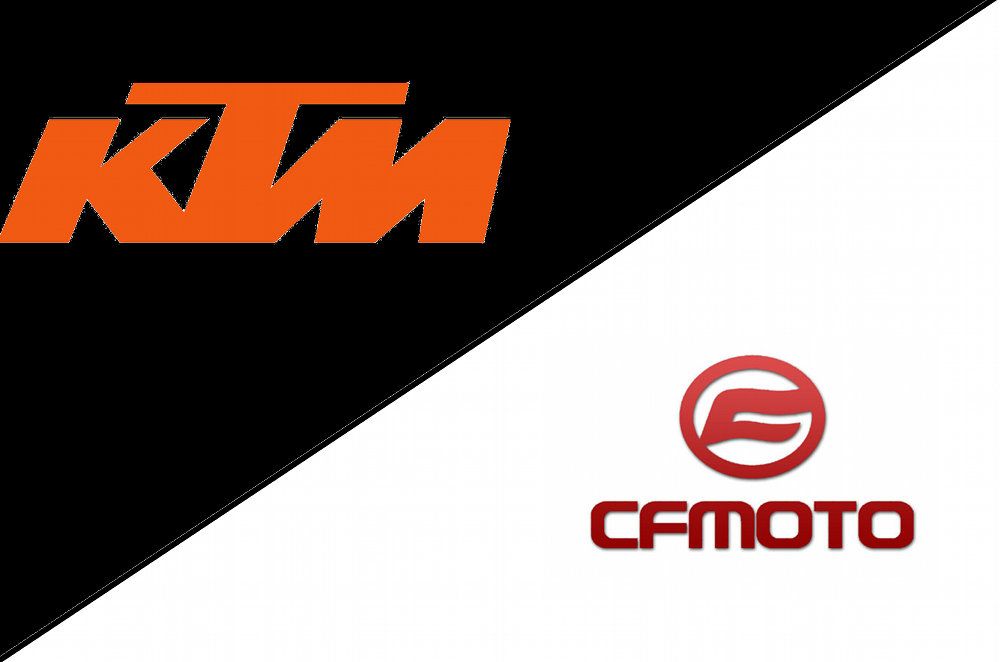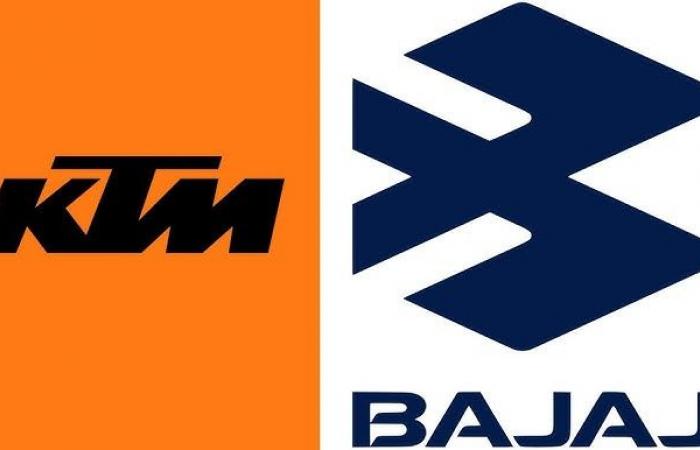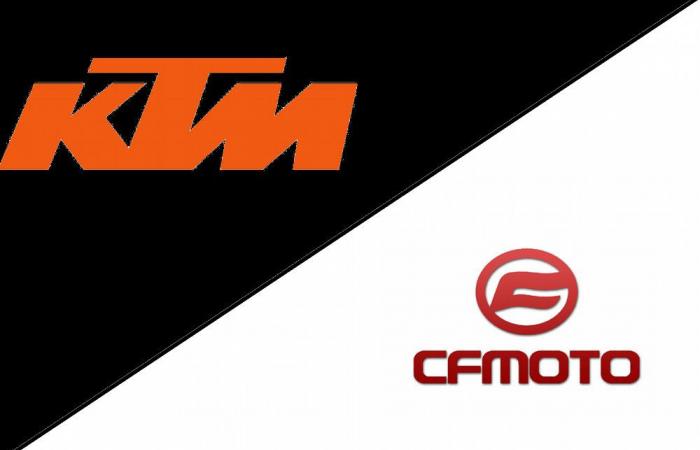As KTM goes through a major financial crisis, attention is shifting to its Asian strategic partners, including Bajaj Auto in India and CF Moto in China. These long-standing alliances have played a crucial role in KTM’s global expansion. But with the recent declaration of bankruptcy, what does the future hold for these essential collaborations?
Bajaj Autothe third largest motorcycle manufacturer in the world, has invested in KTM
from 2007, taking an initial stake of 14,5
% in what was then KTM Power Sports AG. Since then, the two companies have developed close cooperation.
The collaboration intensified in 2017 when certain motorcycles KTM et Husqvarna began to be produced in Indiamainly small displacements intended for Asian urban markets. This production allowed KTM to establish itself in a key region where the demand for motorcycles is immense and where production costs are much more competitive than in Europe.
At the end of November 2024, while the financial situation of the troops Stefan Piererwas becoming critical, financing negotiations took place with Pierer Bajaj AGthe entity partially owned by Bajaj Auto. Major financial support was under consideration, highlighting the strategic importance of Bajaj in the future of KTM.
Towards greater Asian influence at KTM?
Since 2011, KTM also collaborates with
CF Motobased in Hangzhou, near Shanghai. In 2017, a further joint venture was established.
KTM distributes CF Moto motorcycles in Europe via its dealer network, while CF Moto
produces and sells motorcycles KTM in China.
At the beginning of July 2024, despite the obvious signs of financial difficulties, the Austrian coat of arms announced a strengthening of its partnership with CF Motociting increased cooperation in the areas of product development and industrialization. At the same time, CF
Moto increased its stake in Pierer Mobility to 2%.
As Mattighofen’s trigram seeks to stabilize, the growing influence of its Asian partners seems inevitable. With Bajaj one Inside one CF
Moto In China, the world’s two largest motorcycle markets, the Orange brand has powerful strategic support. These alliances could not only allow the Austrian manufacturer to survive its restructuring, but also to reposition itself on the global market, potentially under more Asian management.
The increased role of these partners will be decisive in the reorganization of the European brand. For now, their commitment appears solid, paving the way for an era of enhanced cooperation – and perhaps a future empire KTM where Asia will play an even more central role.








